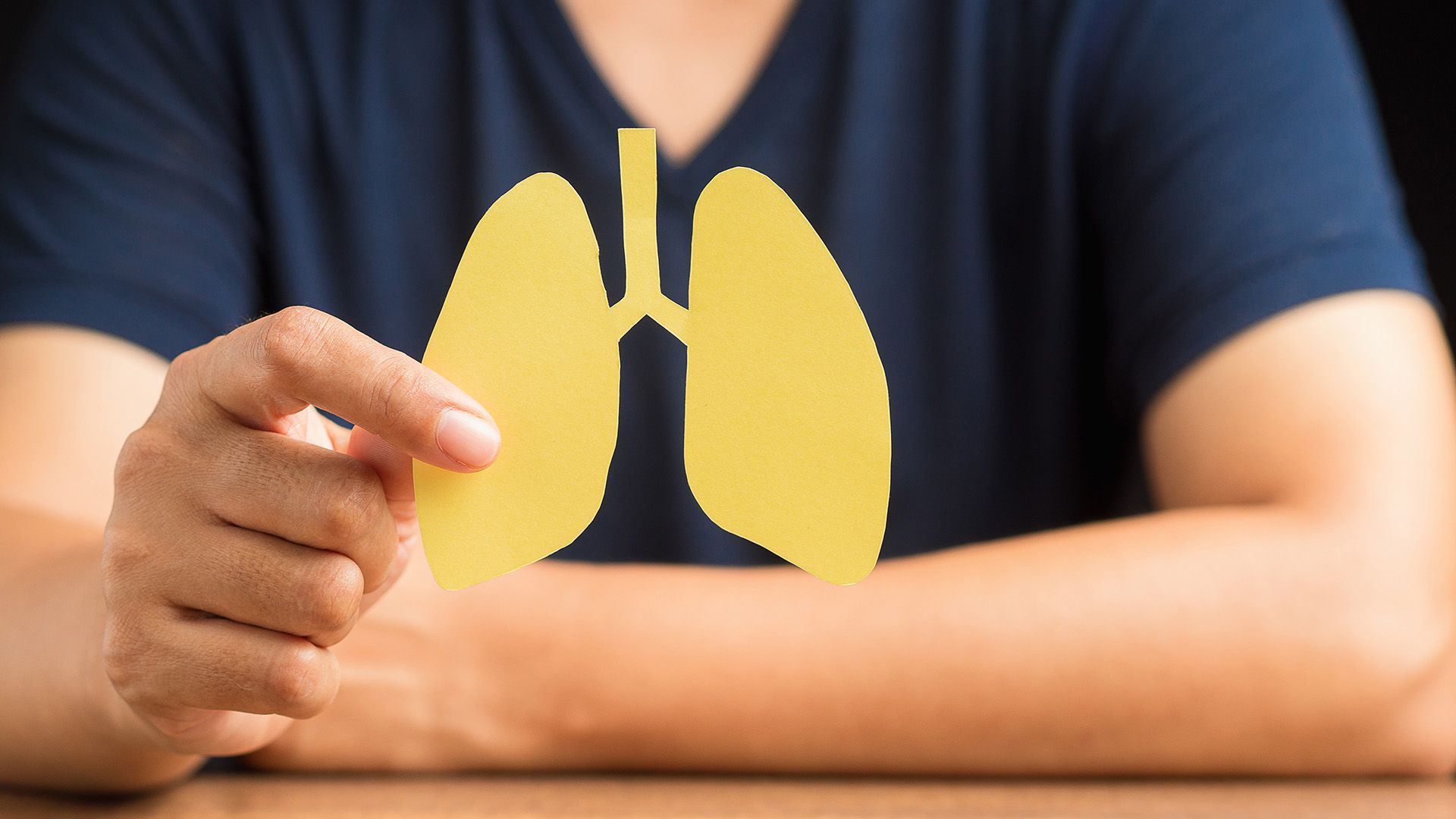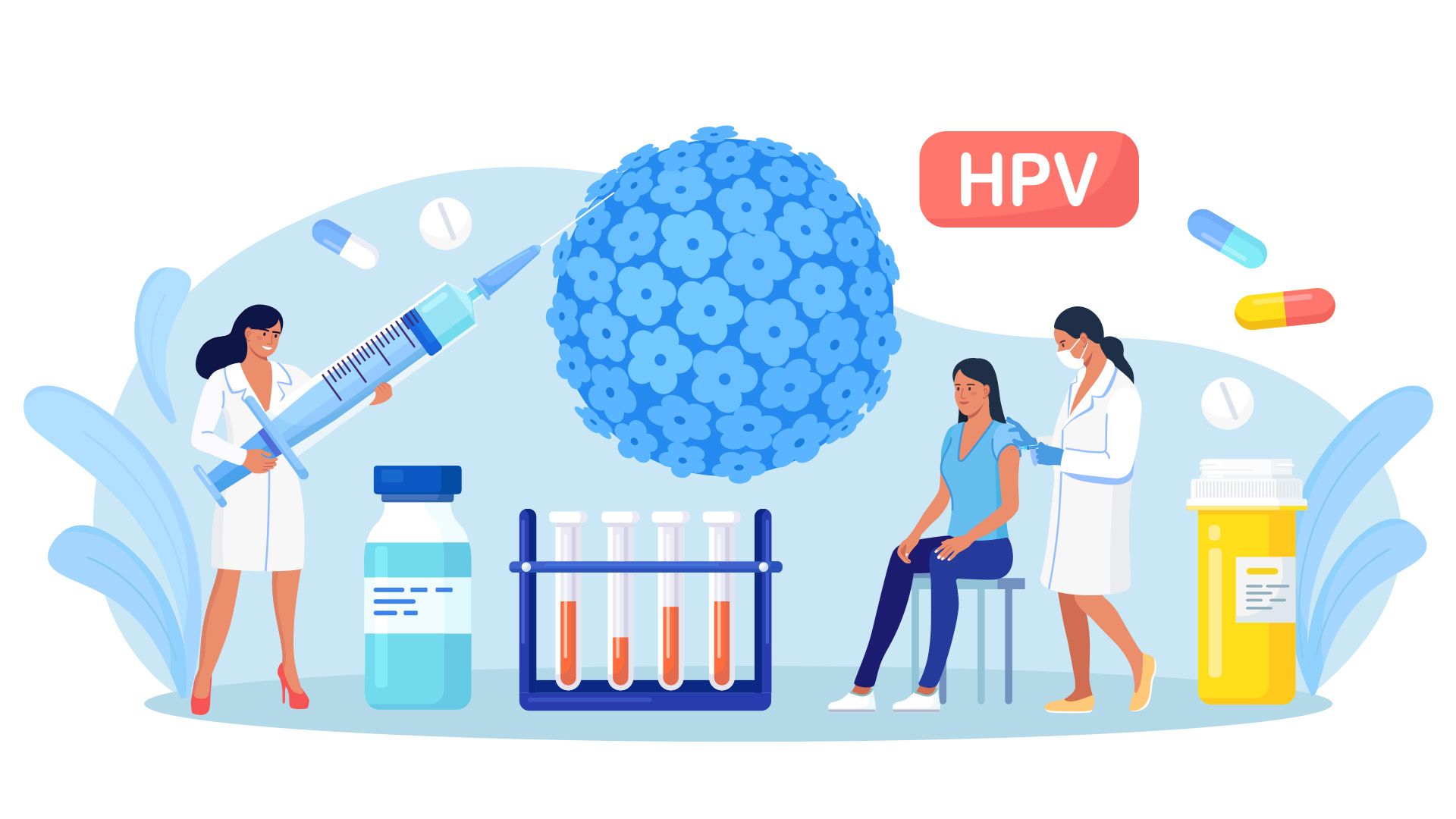Remebering Malaria in COVID-19
Hlumelo Matshanda • April 29, 2020
Historically, malaria is still considered one of the world’s deadliest diseases. In the midst of a global pandemic, efforts by healthcare sectors to curb the spread of malaria now has to face off with COVID-19 in a desperate struggle for adequate resources and public attention.
Although both diseases share the characteristics of not respecting borders and if not treated timeously may lead to devastating effects, they are fundamentally different. It is vital that the public understands the risks of COVID-19 and Malaria in a world where one can contract the two at the same time and both pose a significant health threat.
On the one hand, COVID-19 has caused most of the world to go into lockdown with devastating economic impact. This completely new (novel) virus has no known cure, leaving scientists scrambling to develop a vaccine. COVID-19 symptoms include a fever, cough and shortness of breath.
On the other hand, Malaria infects more than 230 million people every year with a death toll of over 400,000. Spread by the anopheles mosquito, 90% of malaria cases occur in malaria-prone areas like Sub-Saharan Africa. Symptoms of malaria include fever, headache, nausea and the chills.
Having said that, malaria is easily diagnosed with a simple prick of the finger. If not treated within 24 hours of the onset of symptoms, it can progress to severe illness and in some cases, if not treated, death shortly thereafter especially among children under the age of 5.
When looking at the symptoms, some similarity between the two can be found. Both diseases are identified by high-grade fevers, headaches, shivers and fatigue. According to Sherwin Charles, co-founder and CEO of Goodbye Malaria, “The difference is, a sore throat, cough and shortness of breath are not common features of malaria and would more likely indicate a COVID-19 infection.” If you show any of the shared symptoms and live in a malaria area, Charles urges that the best thing you can do is to first have the malaria test done. Diagnosis and treatment can be obtained from any local clinic. Health professional should be actively aware of the potential COVID-19 infection and should know that malaria can prove fatal in the short term but should employ COVID-19 safety precautions.
According to Prof Lucille Blumberg, Deputy Director of the National Institute for Communicable Diseases
(NICD), “Unlike COVID-19, malaria is common, seasonal and treatable and any delay in diagnosis may lead to complications and death. Ignoring killer diseases like malaria in the fight against COVID-19 could amplify devastation by undermining the provision of health services for other diseases.” Prof Blumberg from the NICD says time is of the essence if you do have malaria. “You will need urgent treatment. Once you test negative for malaria, you can investigate further by having a COVID-19 test done.”
As the co-founder of Goodbye Malaria, an organisation deeply entrenched in the fight against malaria, Charles says mosquitoes that carry the malaria-causing parasite usually strike between dusk and dawn but there are many precautions that can be taken to avoid their deadly bite.
“You can protect yourself by spraying your home, wearing long pants and shirts, making use of fans and mosquito repellent. If you are travelling to a malaria area, you can also take anti-malarial medication which has proven an extremely effective method of prevention,” says Charles.
Most of these prevention methods can be accomplished while locked down at home and generally don’t require anything you don’t already own or can’t easily obtain from the local supermarket or pharmacy. Charles says that the spread of COVID-19 and existing malaria epidemics may be challenging to differentiate in people but health systems must remain cognisant of all threats.
“It is vital that the testing process is done right. In circumstances where it is unknown whether one has malaria or COVID-19, they should test for malaria but keep COVID-19 precautions in mind. We have treatments to prevent and cure malaria. This is a fight we can win, if we build and maintain unwavering commitment. We can’t let the fight against malaria slip as we find ourselves confronted by a new enemy.”













